Lifelong Learning: Anti-Racism Cohort Model
Anti-racism work is a lifelong practice. Everyone in our community plays an important role in creating a city where all belong and are celebrated for their different identities. Whether you’re a community member learning how to be a better neighbor, or a boss trying to create a more welcoming and inclusive workspace, we’d found choosing the next steps in anti-racism work can sometimes be confusing and overwhelming. With many excited learners in our community, we decided to expand and strengthen our social justice workshops offered here at YWCA of Greater Portland. Below are some ways we’ve shifted our programming that we’re sharing with you as you navigate your own training programs:
Cohort Outcomes:
Before building a training program, it’s critical to know what your goals & outcomes are. Listed below are the key outcomes for YWCA’s Anti-Racism training workshops.
Think critically about how social norms promote systems of oppression
Recognize common ways organizations avoid meaningful anti-racism practices
Embed diversity, equity, and inclusion into everyday lives
Discuss impacts of white supremacy and a deepen understanding of anti-racism language
Think critically about anti-Blackness and other oppressive tactics
Consider various paths to collective liberation
Questions to keep in mind for your training program:
What issues or gaps are you responding to/solving for?
What is your organizations’ appetite for and commitment to ongoing funded training?
How will training concepts, nomenclature and practices be embed into your organization?
What is your organization’s business practice for amplifying and addressing acts of dehumanization?
Who are your key internal and external partners?
Customizing Workshops:
Once you have outlined your goals, outcomes, and strategy, design your cohort training experience. Using education and action to eliminate racism, work with learners at all levels to provide actionable tools to dismantle systems of oppression to better their communities. Through customizing workshops, provide content and education needed to build a culture and work environment where all are respected, valued, and celebrated for who they are. Organizations can offer a variety of intersectional topics including, racism, sexism, poverty, inclusivity, sex and gender, and more to address current all-staff/team training gaps
Collaboration:
Collaborations can lead to stronger training outcomes as you can bring in experts to support your key goals. For example, we collaborate with Meleani Bates (she/They), Ruby Joy White (prince|they\she), and Court Morse (they/them) with Action Path Equity to provide focused training content across our different workshops.
We invite you to join us on our mission to eliminate racism. Anti-racism work is a lifelong practice that includes education and action. We are excited to share what we've learned in shifting our social justice workshop space to learn and grow alongside other passionate community members. Together, we can create the inclusive and equitable community where all are empowered and celebrated for who they are in Portland.
Learn more about the YWCA’s Antiracism Training Cohort Model:
For those looking to focus on anti-racism education, we recently created a two-week Anti-Racism Practice Cohort. Our workshops are for everyone, including those beginning their social justice journey or those at an advanced level looking to further their activism practices. We are part of an intentional, nation-wide strategy led by YWCA USA and are taught by facilitators with diverse lived experiences and intersectional identities relevant to the topics they teach.
Authors
Shay Braden (he/him/his)
& Wanda McNealy (she/her/hers)
YWCA of Greater Portland
Additional Resources
We hope that you found this content meaningful and helpful in your company’s path toward becoming an antiracist organization.
What’s next?
Continue to dig in to our Culture Change Roadmap for more best practices, core elements, and guided learning.

